by Daniel Hathaway
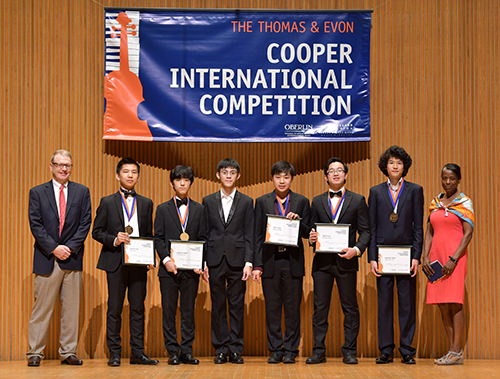
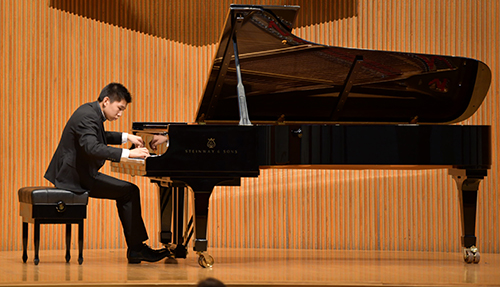
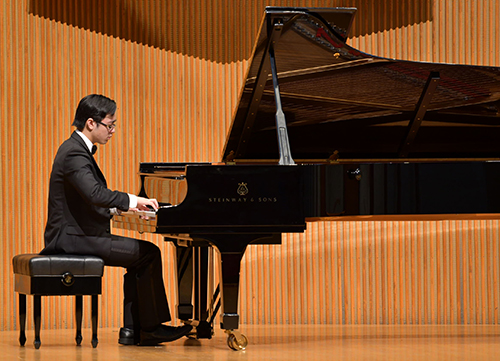
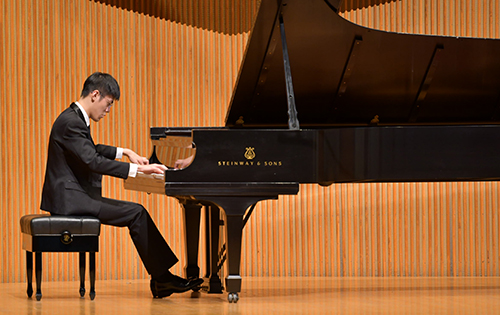
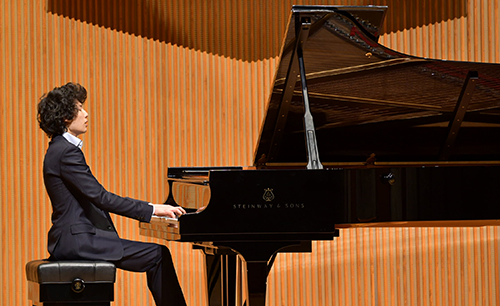
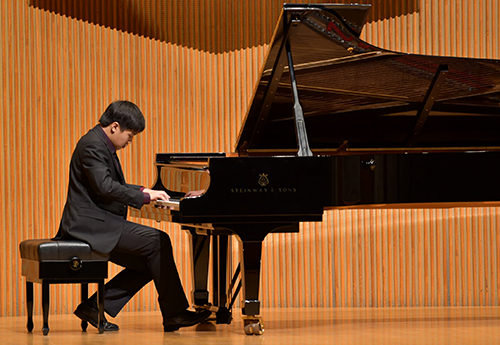
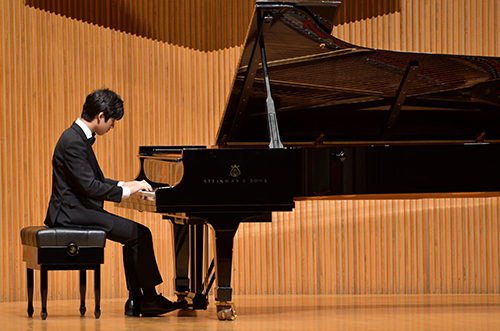
For the first time, Oberlin has put performances of the Cooper Competition online for extended viewing on YouTube. Click here to watch individual videos of all six performers in Wednesday evening’s recital round.
Photos by Yevhen Gulenko.
Published on ClevelandClassical.com July 20, 2018.
Click here for a printable copy of this article



